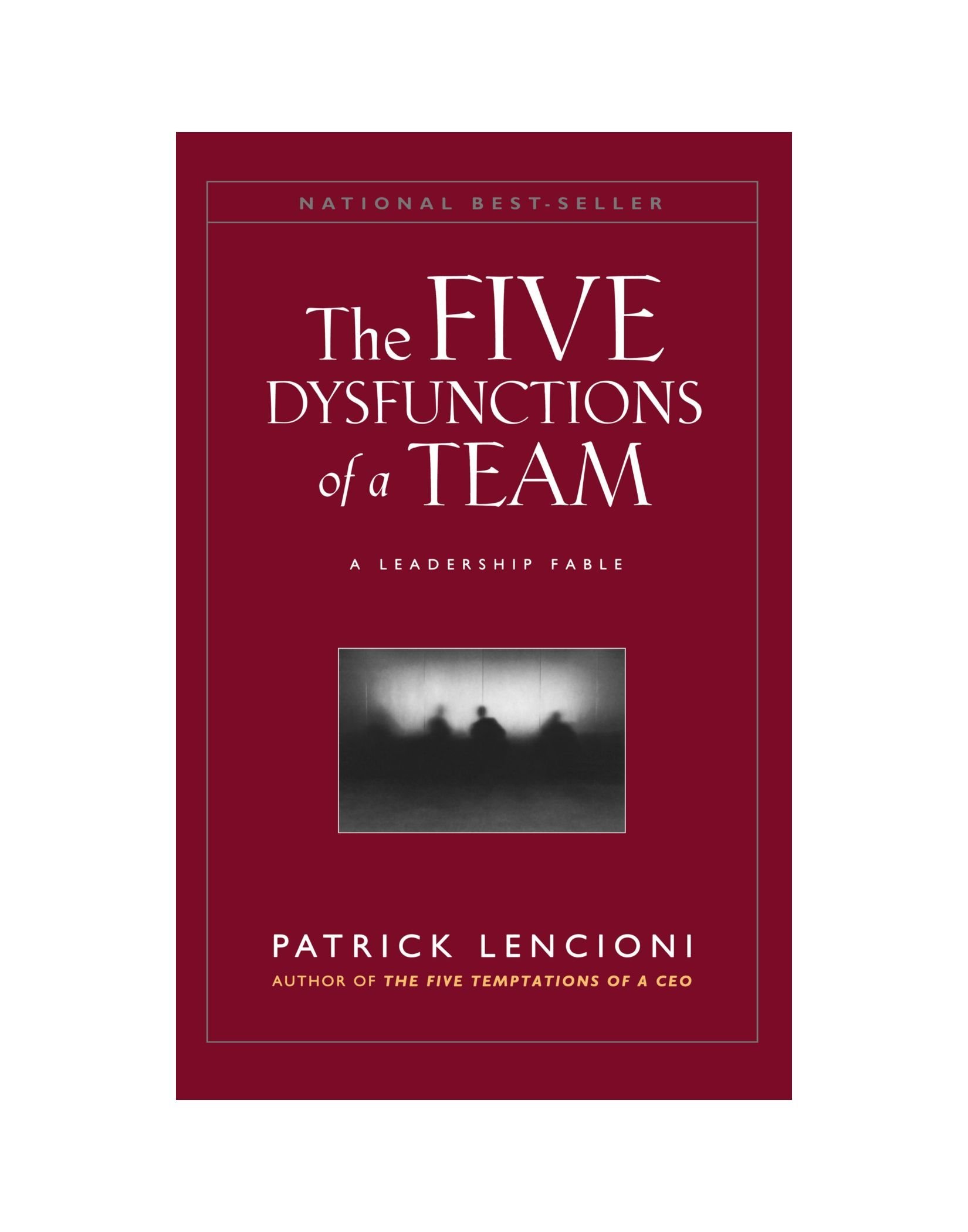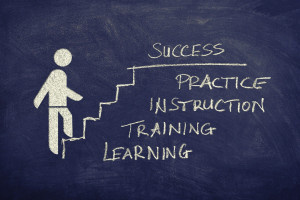The 5 Dysfunctions of a Team – lessons to improve sales performance
Impact the sales performance of your team
“When there is trust, conflict becomes nothing but the pursuit of truth, an attempt to find the best possible answer.”
Patrick Lencioni, Author, The 5 Dysfunctions of a Team.
There are many resources to choose from in the pursuit of improved performance.
The work of Damian Hughes springs to mind.
His many brilliant books and his exceptional podcast with Jake Humphrey – as good a place to start as any.
I came across “The 5 dysfunctions of a Team” randomly having spotted a post on Linkedin. A simple reference to the work which was liked by the thousands and supported by 100s of positive comments.
Written by the founder of The Table Group, Patrick Lencioni paints a fictitious tale of DecisionTech, an ‘on-the-cusp-of-greatness’ Silicon Valley tech company, that recruits a new CEO , Katheryn, whose mission is to take the underperforming company to the next level.
Her colleagues on the board are given names, titles and behaviours that are as real as they are fictitious and together they navigate the often hostile waters of teamship.
Through the avatar of Kathryn we discover the pyramid of the 5 dysfunctions, exemplified by the behaviour of the characters within the story and their interactions – or lack of – with other team members.

The 5 dysfunctions begin with:
– the absence of trust
– the fear of conflict
– lack of commitment
– avoidance of accountability
– inattention to results
Using the dysfunctions to improve sales performance
They all seem relatively straightforward and have the makings of a good discussion on common sense but I know many high performance teams or those teams striving to improve which are bereft of trust.
Lencioni talks about transactional trust ‘I trust you to do what you say you will,’ and relational trust ‘I will tell you some secret stuff about myself safe in the knowledge that you will not use it against me in the future.’
When training teams to improve sales performance, I often refer to Covey’s Speed of Trust model and the relationship of ‘character’ and ‘competency’.
Many teams choose silence over conflict – acting in fear rather than searching for constructive debate.
Lack of commitment can be a glaringly obvious trait but how often is it allowed to flourish in a team setting?
Avoidance of accountability is a recurring theme amongst many teams – not just at C-level or at department level but companywide.
Inattention to results – looking at your own performance over that of the team can easily create divisions. How is it possible to improve sales performance without paying attention to the results?
To counter the the 5 dysfunctional behaviours , Lencioni gives us functional adaptive behaviours and suggested work that can help create better team environments.
The book is easy to read given the fictional storyline and the problems encountered should be familiar to us all.
There isn’t much focus on ‘culture’ nor the mission, vision and values of DecisionTech but there are many valuable insights to be gleaned from a book that is in its 20th year.







